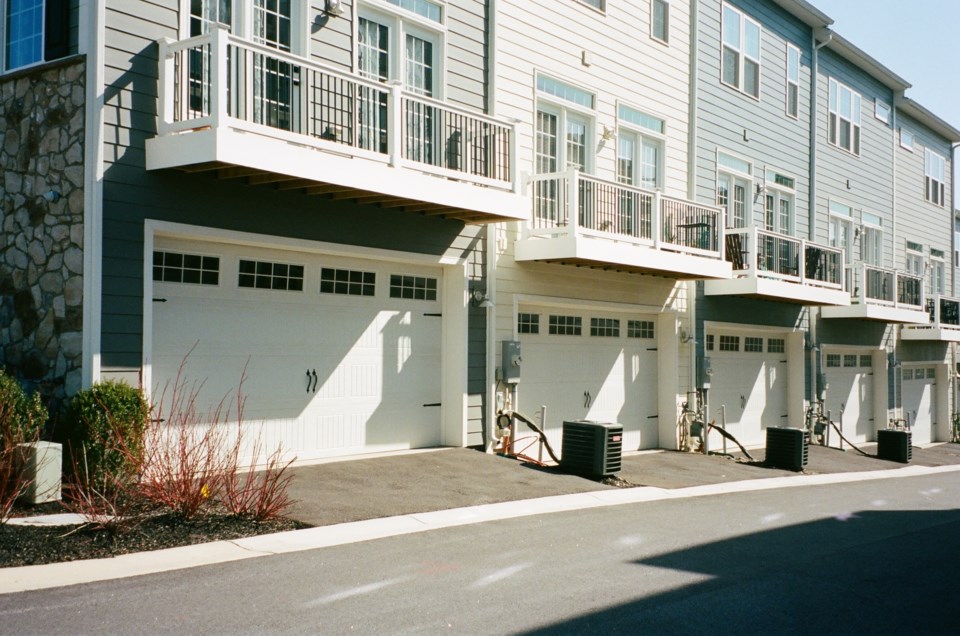In 2022, the city of Longmont received a planning grant from the state of Colorado Department of Local Affairs to conduct a housing needs assessment and affordable housing policy review. The first phase was completed in July 2023 and examined the city’s existing inclusionary housing program. The second phase of the review addresses the city’s affordable housing development incentives program.
During the Longmont City Council’s study session on Tuesday, leaders listened to a report from Root Policy Research — the firm chosen to complete the assessment.
The city of Longmont has two types of incentives in place already for affordable housing, baseline and enhanced incentives.
Baseline incentives allow for a 20% density bonus, a 20% lot size/width reduction, a 1-story height bonus, reduced parking on affordable units and reduced development standards. The enhanced incentives include fee waivers, fee deferrals, subsidies for water and sewer system development fees and offsets for cash-in-lieu of raw water deficits. These incentives are only awarded to developments that build physical units, not to those who pay the fee-in-lieu.
Molly Fitzpatrick, managing director of Root, shared that most developers in Longmont felt they were able to build the projects they felt were aligned with the market. She said that sometimes when the city’s code is well aligned with developers’ needs and wants, incentives don’t work as well but it can mean the city’s land use code is working.
The study showed that developers would like parking reductions for entire developments, not just for affordable units, and a speedier process through the planning and zoning process, Fitzpatrick said. The city allocates roughly $20,000 a year to expedite the planning process for small affordable housing developers such as The Inn Between by using an outside consultant.
Currently, a development that includes a subdivision plat of four lots requires a public hearing. Root suggested an incentive could be to make this step administrative if the development includes affordable housing units.
The city council suggested city staff return with a proposal to lower public process requirements, administrative ADU approval instead of a site plan approval, to reduce or remove buffer requirements between affordable units and a neighboring open space, increase density bonuses, require more affordable units for high-density projects and allow multi-family and mixed-use districts by right or as a condition for including on-site affordable housing units.



